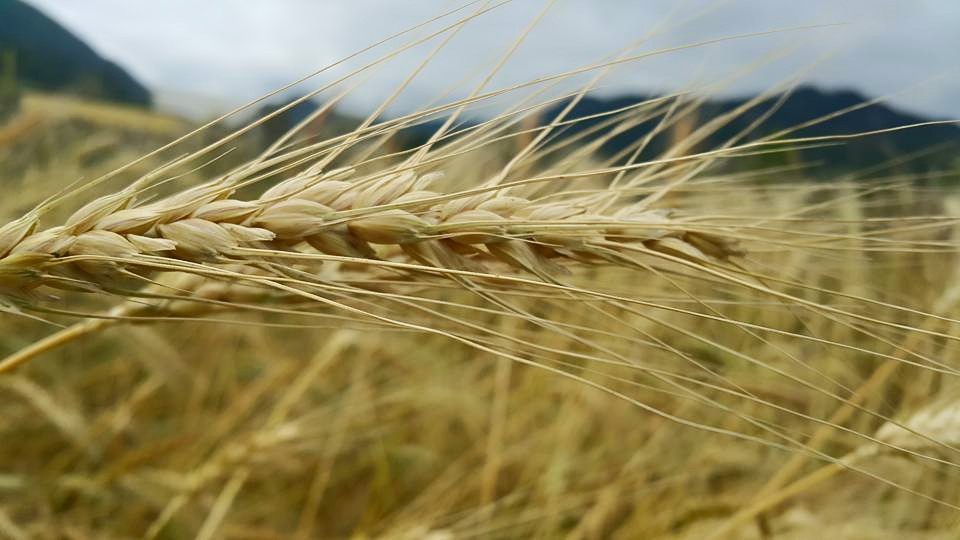USA - Hurricane Matthew delivers significant crop damage to Clemson center
12.10.2016 228 views
ScaleAgData Stakeholder Engagement Event
22.10.2024The ScaleAgData project is pleased to invite you to our second stakeholder event. Building on the discussions and connections formed during our first webinar, this event will focus on fostering collaboration among stakeholders, providing updates on our project’s progress, and outlining future opportunities for engagement.

USA - Taylor County farmer arrested for crop insurance fraud
A man in Taylor County, KY, has been sentenced to 12 months and 1 day in federal prison for crop insurance fraud. Between 2014 and 2021, Hunt sold crops under the names of other people and significantly underreported his true production on crop insurance claim forms, resulting in over $1.6 million in fraudulent insurance overpayments.

India - The changes aim to ensure that farmers are not denied crop insurance benefits due to the default of state governments
Union Agriculture Minister Shivraj Singh Chouhan has announced crucial modifications to the Pradhan Mantri Fasal Bima Yojana (PMFBY), citing the Centre's experience with the previous Jagan Reddy government in Andhra Pradesh. The changes aim to ensure that farmers are not denied crop insurance benefits due to the default of state governments.
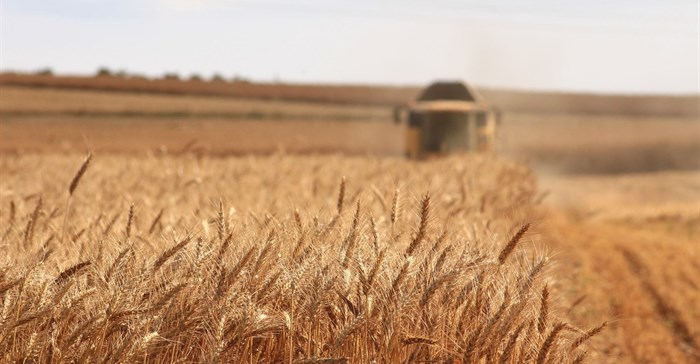
New area-yield index insurance helps farmers tackle climate risks
Land Bank Insurance Company has expanded its pilot “index insurance” product with the introduction of Area-Yield Index Insurance (AYII), designed to help farmers manage financial losses caused by large-scale climatic and environmental risks.
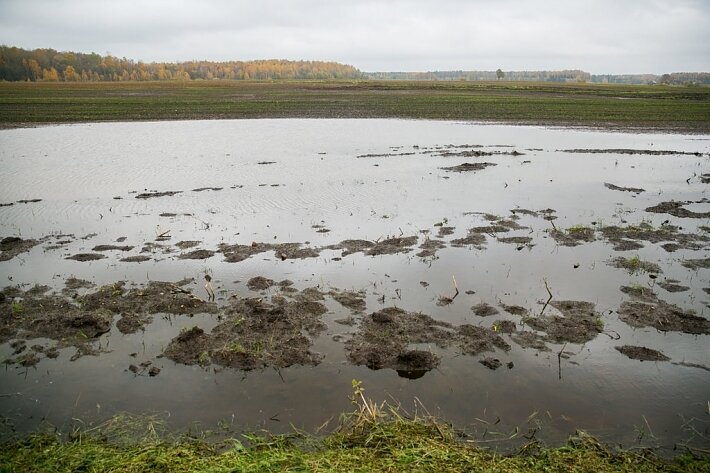
Lithuania declares nationwide emergency over summer rainfall damage
Lithuania’s government on Wednesday declared a nationwide emergency after weeks of heavy summer rains caused widespread crop losses, following a proposal from the National Crisis Management Centre and the Agriculture Ministry.
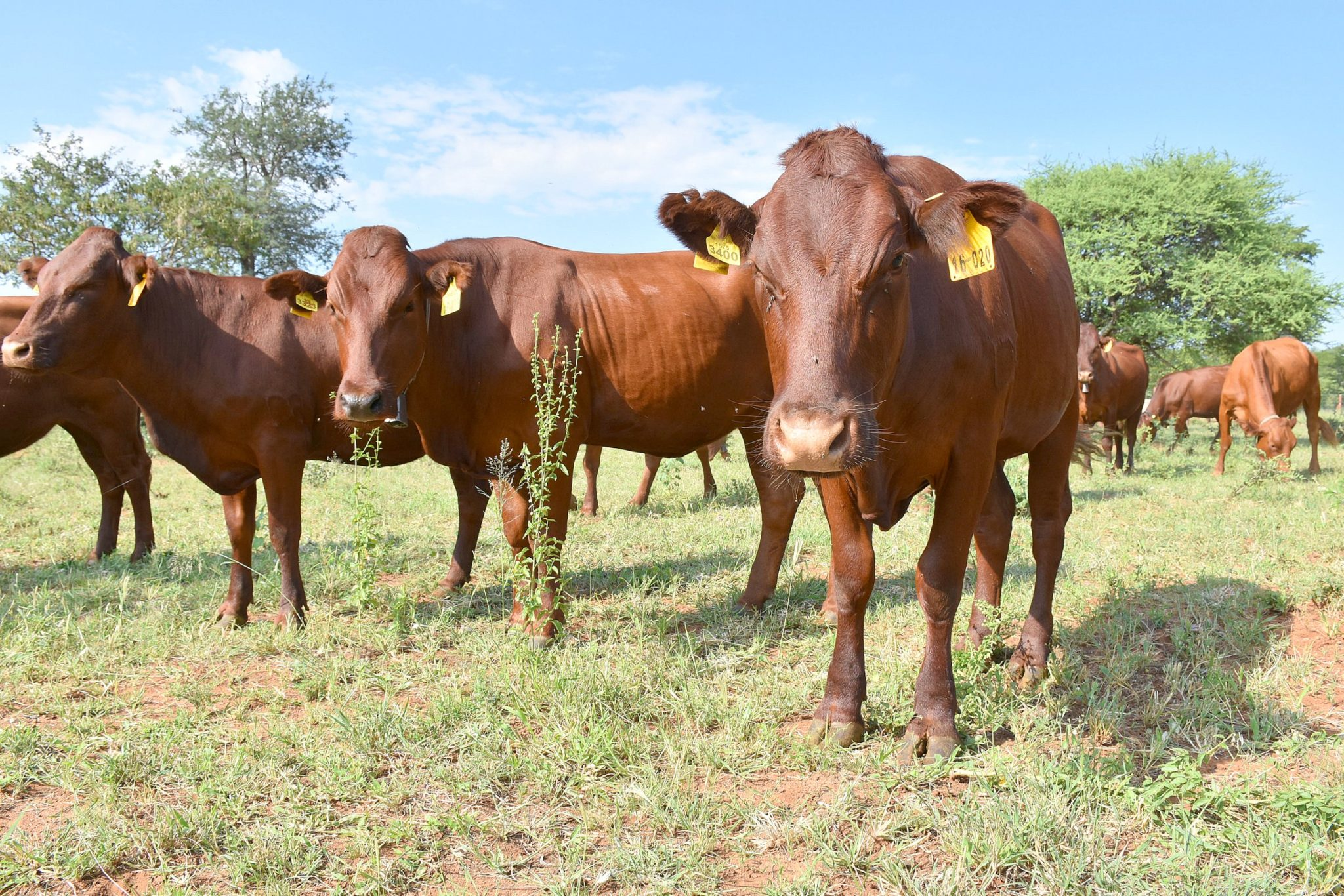
Australia develops world-first biodegradable foot and mouth disease vaccine
The world’s first biodegradable vaccine for foot and mouth disease (FMD) has been developed in Australia, a country that remains free from the dreaded livestock

USA - Researchers make breakthrough discovery that could transform agriculture: 'This research is important'
Scientists at Iowa State University have determined that co-locating solar panels and certain plants may be beneficial for crop production.
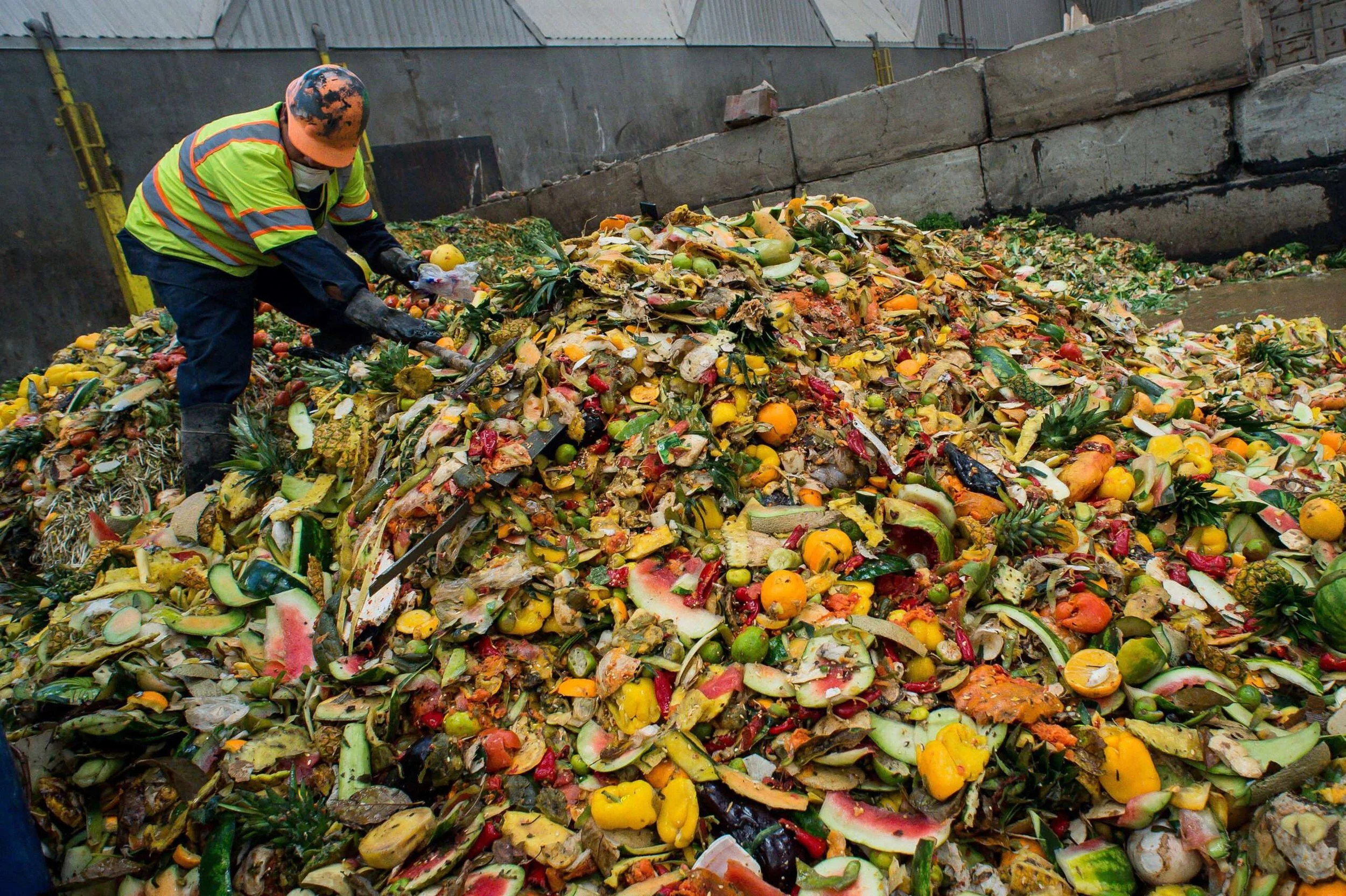
Fiji - Agriculture ministry tackles food waste
The Ministry of Agriculture is exploring an innovative new approach to reduce food waste by converting post-harvest losses and kitchen scraps into valuable resources like livestock feed and soil enhancers.

USA - Continuing drought affecting Vermont farmers, especially livestock farms
As dry conditions continue to spread across Vermont, one industry that is feeling the heat is the farms.


